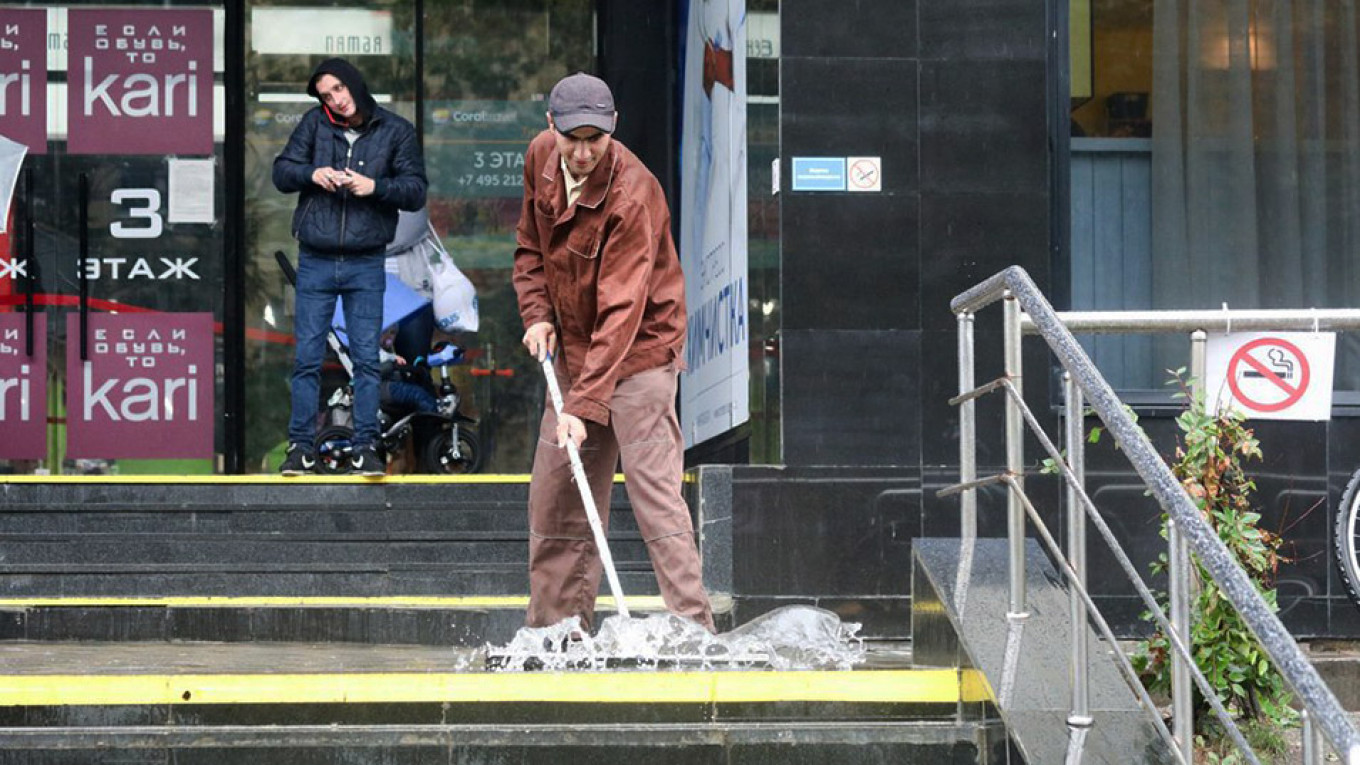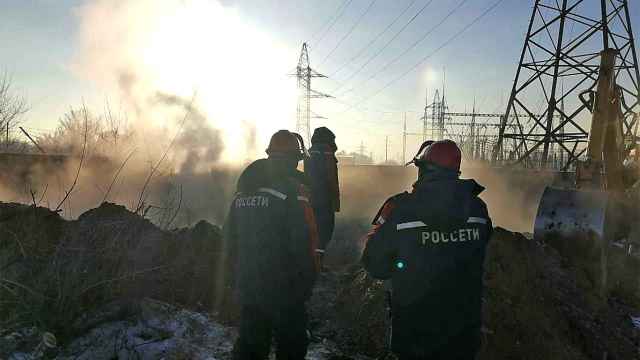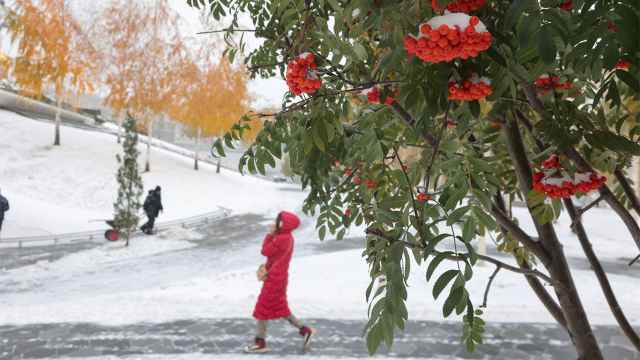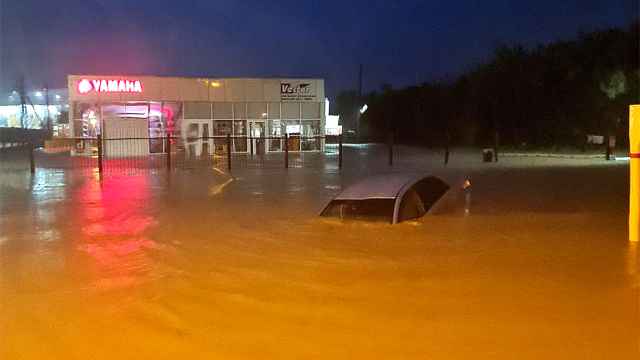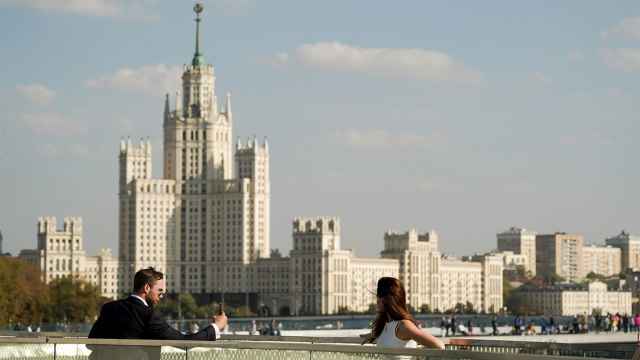Muscovites suffered the coldest summer on record this year, which drove them indoors to the malls to escape the rains.
The coldest August in a hundred years with temperatures falling to 12°C saw the Watcom shopping index rise sharply year-on-year to an average of 445 in June-July, 25 points higher than last year. However, the increase was not enough to lift foot traffic from its recent lows and back to the levels seen in the previous three years.
The Watcom index measures foot traffic at the leading malls in Russia in real time by using security cameras and face recognition technology and is the most accurate measures of activity in the top retailing outlets.
Foot traffic has been falling continuously since 2014 and mirrors the decline in real incomes over the same period. The fall has also been exacerbated by the growing share of e-commerce which now accounts for 4.5% of total retail turnover and is growing exponentially.
“Shopping Index in summer of 2019 showed growth due to cold and rainy summer despite traditional slow down,” Watcom said in a note with the latest data. “Footfall in shopping centres increased due to lack of competition from the parks and restaurants’ summer terraces.”
From the period of the middle of May till the end of July the Shopping Index increased by 3.7% on average. Traditionally during this time footfall goes down. Footfall growth was flat or grew mildly in big regional shopping centres, but fell by 2% on average in the small format shopping centres.
For example, in VEGAS Kashirskoye shosse, one of the biggest malls in the capital, 2-3% growth was noticed compared to the previous year, reports Watcom. In Vegas Crocus City, another huge complex on the MKAD ring road, foot traffic was up by 4-6% in June-July of 2019 compared to May of 2019.
A similar trend was apparent in 2017, when that shoppers were also beset by a cold and rainy summer across the whole of Russia.
The weather also altered shopping habits. The summer fashion collections did not sell as well as hoped. According to Vyacheslav Ivashchenko, business development director of Russian online store Wildberries, now Russia’s biggest fashion retailer, the best selling items over the summer were items to combat the cold.
“The brightest yellow rubber boots, as well as warm hoodies, sweatshirts and children’s waterproof overalls, became the most sought-after goods for the cold summer,” Ivashchenko said.
Watcom CEO Roman Skorokhodov added: “The weather forced people to head for shopping centres as centres of leisure activities and moved the traditional periods of demand for autumn clothes for the summer period.”
This article first appeared in bne IntelliNews.
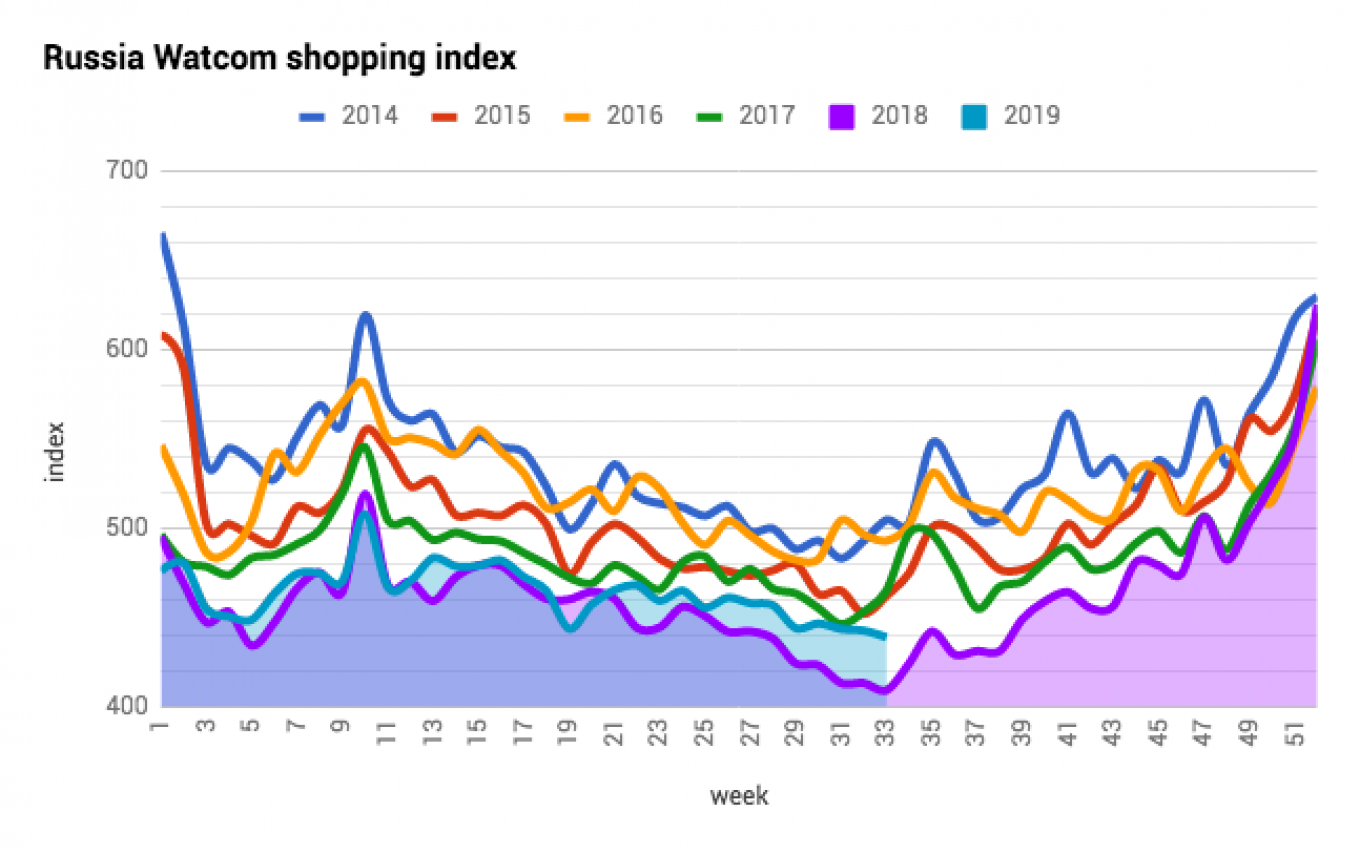
A Message from The Moscow Times:
Dear readers,
We are facing unprecedented challenges. Russia's Prosecutor General's Office has designated The Moscow Times as an "undesirable" organization, criminalizing our work and putting our staff at risk of prosecution. This follows our earlier unjust labeling as a "foreign agent."
These actions are direct attempts to silence independent journalism in Russia. The authorities claim our work "discredits the decisions of the Russian leadership." We see things differently: we strive to provide accurate, unbiased reporting on Russia.
We, the journalists of The Moscow Times, refuse to be silenced. But to continue our work, we need your help.
Your support, no matter how small, makes a world of difference. If you can, please support us monthly starting from just $2. It's quick to set up, and every contribution makes a significant impact.
By supporting The Moscow Times, you're defending open, independent journalism in the face of repression. Thank you for standing with us.
Remind me later.



